Select an image to start the slideshow
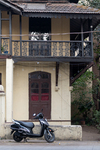
Matharpacady-05.jpg
1 of 10
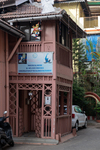
Matharpacady-12.jpg
2 of 10

Matharpacady-11.jpg
3 of 10
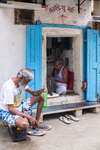
Matharpacady-13.jpg
4 of 10

Matharpacady-04.jpg
5 of 10
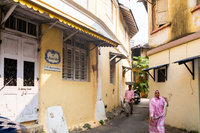
Matharpacady-09.jpg
6 of 10
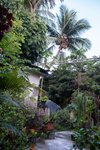
Matharpacady-03.jpg
7 of 10

Matharpacady-02.jpg
8 of 10

Matharpacady-01.jpg
9 of 10

Matharpacady-06.jpg
10 of 10